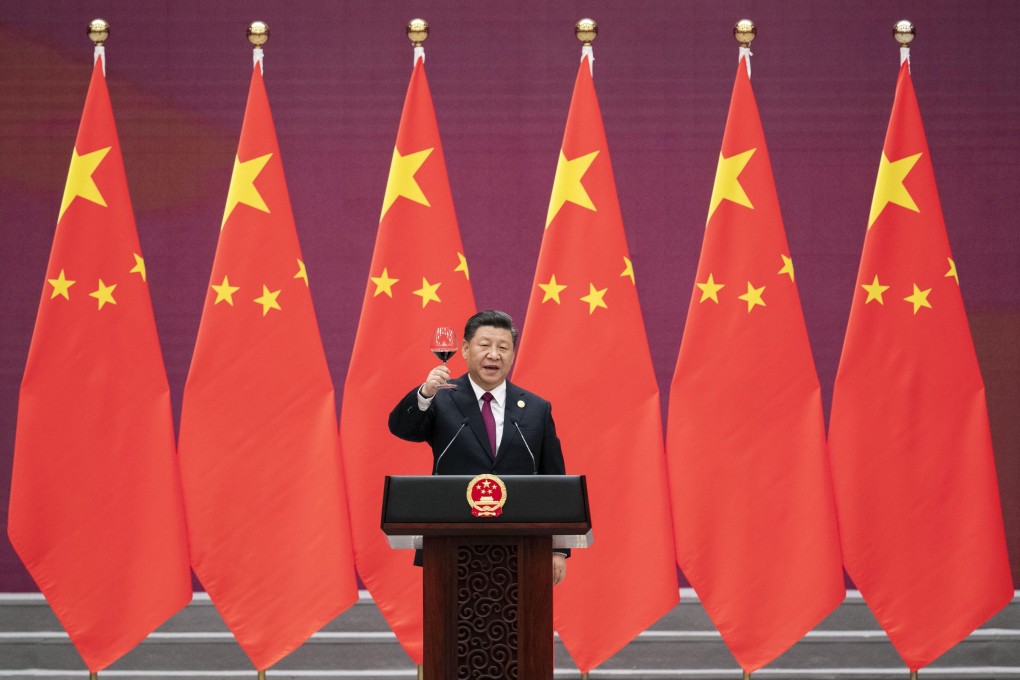Opinion | Washington is dismissing China’s belt and road plan. That’s a huge strategic mistake
- The project presents a unique opportunity for the US to ensure Eurasia stays multipolar

This story is published in a content partnership with POLITICO. It was originally reported by Parag Khanna on politico.com on April 30, 2019.
Last week, leaders and officials representing more than three dozen countries from across the world gathered in Beijing for the second belt and road summit. The event marks the two-year anniversary since China first convened its flagship initiative to coordinate trillions of dollars of infrastructure across Eurasia and the Indian Ocean in a broad effort to recreate the old Silk Roads.
One nation that was missing from the summit: the US.
The fashionable position in Washington today is to dismiss the “Belt and Road Initiative” as a power play that won’t last – an attempt at neocolonial debt trap diplomacy, in which China uses unpayable debts to control less powerful states, that is ultimately destined to collapse under the weight of financially spurious projects. On the other hand, there are also those who view BRI as a serious threat – a sign of China’s continued quest for global hegemony and the presence of a new cold war between the US and China.
Either way, the US position so far has been to shrug at China’s new initiative. In this, Washington is making a grave mistake.
Membership in BRI is growing, whether the US comes to the table or not, and this past week’s Beijing gathering indicates that China is willing to accommodate the concerns of its partners to maintain momentum. Though American critics tend to see it either as a doomed scheme or a strategic threat, what’s really happening with the BRI plan is more complicated – and even offers the United States the chance of a payoff, regardless of China’s success. It is already opening new and expanding markets to American companies. And, diplomatically, it presents an opportunity to help steer countries clear of excessive dependence on China. Belt and Road, then, might well bring about the outcome least expected: a Eurasia that is more multipolar rather than less – if, that is, America engages rather than sitting on the sidelines.
